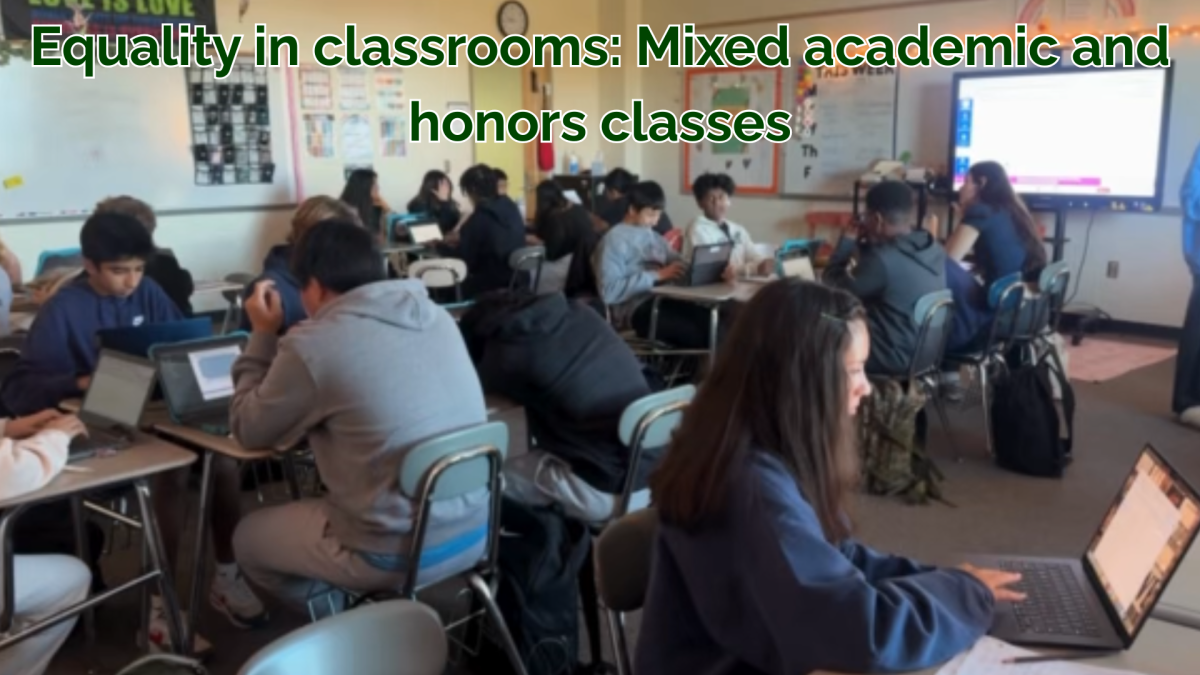Arrival and Dismissal Options Present Scheduling Decisions
Rising Seniors Make Impactful Schedule Changes
Photo by Scott Webb on Unsplash
Late arrival and early dismissal options present upcoming seniors with serious decision-making.
February 4, 2022
One of the most interesting prospects for upcoming seniors is the possibility for a shortened schedule through late arrival and early dismissal. What student’s must consider, however, is if they want these changes to their schedule.
Should they so choose, a rising senior can arrive after first period has ended or leave sometimes as early as right after lunch. Many students choose this option for a variety of reasons. While some students plan to attend community college courses, other students will use the late arrival/early dismissal option to create an improved life balance.
A question concerning these changes is how they tangibly affect a student’s schedule outside of school.
Alec Nolet, a senior, said “Not having a 4th period allows me to get home and make a nice meal before heading off to my swim practice.” For a student athlete, that ‘nice meal’ is important. According to Riley Dunn of Swimming World, athletes with poor meal plans perform poorly and may not even be able to finish a race.
The athletic side of student life continues to be an important factor in the decision-making process. Augie Mertens, a senior at Green Hope weighed in: “I have been able to go to the gym after I get out of school and before my swim practice, then go home and get my homework done and have more time to relax.”
Does the early dismissal and/or late arrival policy affect academics? When asked, both Alec and Augie explained that they felt that their “workload is significantly less” and that they’ve been “less stressed”. They believe that the extra time they’ve had outside of school has been useful for “more time studying” as well as having made it “a lot easier to manage classes.”
Gavin Spreher, another Green Hope senior with an altered schedule, gave an optimistic endorsement, saying that “I would recommend this to everyone that can take the opportunity, this is the first time during school that I’ve gotten a full eight hours of sleep every day.” These eight hours are a drastic improvement to the seven hours of sleep that teenagers get on average according to the CDC.
A more reserved answer came from Augie, who stated that “I would really only recommend leaving early or coming late to school if you really benefit from it, such as if it helps you produce better work whether that be in school or in an extracurricular. If I didn’t swim or go to the gym after leaving school early, I probably wouldn’t see a need to leave early.”
Of course, the decision to make this schedule change has a few drawbacks. Dean of Students, Mr. Justin McIntyre urges that students “remember Late arrival or early release may limit some of the elective opportunities at Green Hope.” Some electives are set in stone for first and fourth periods which doesn’t allow for the enrollment in these courses for students with an alternate schedule.
Mr. McIntyre also wants students to make sure that if they choose to have this shortened schedule, they are doing it for the correct reasons. He believes that if you’re a student going to a four-year college, it’s important “to think about what kind of story you want to share with colleges, and how early release or late arrival will potentially strengthen your application, and to make sure that you’re choosing activities that will be beneficial in strengthening your application.”
When it comes to making major schedule changes in the senior year, students must weigh all options. Late arrival and/or early dismissal can either help or hurt the senior year experience, giving you the chance to enhance your out-of-school activities, or diminish the class options you can take. It’s a fine line that students must walk prior to making the jump.










































































